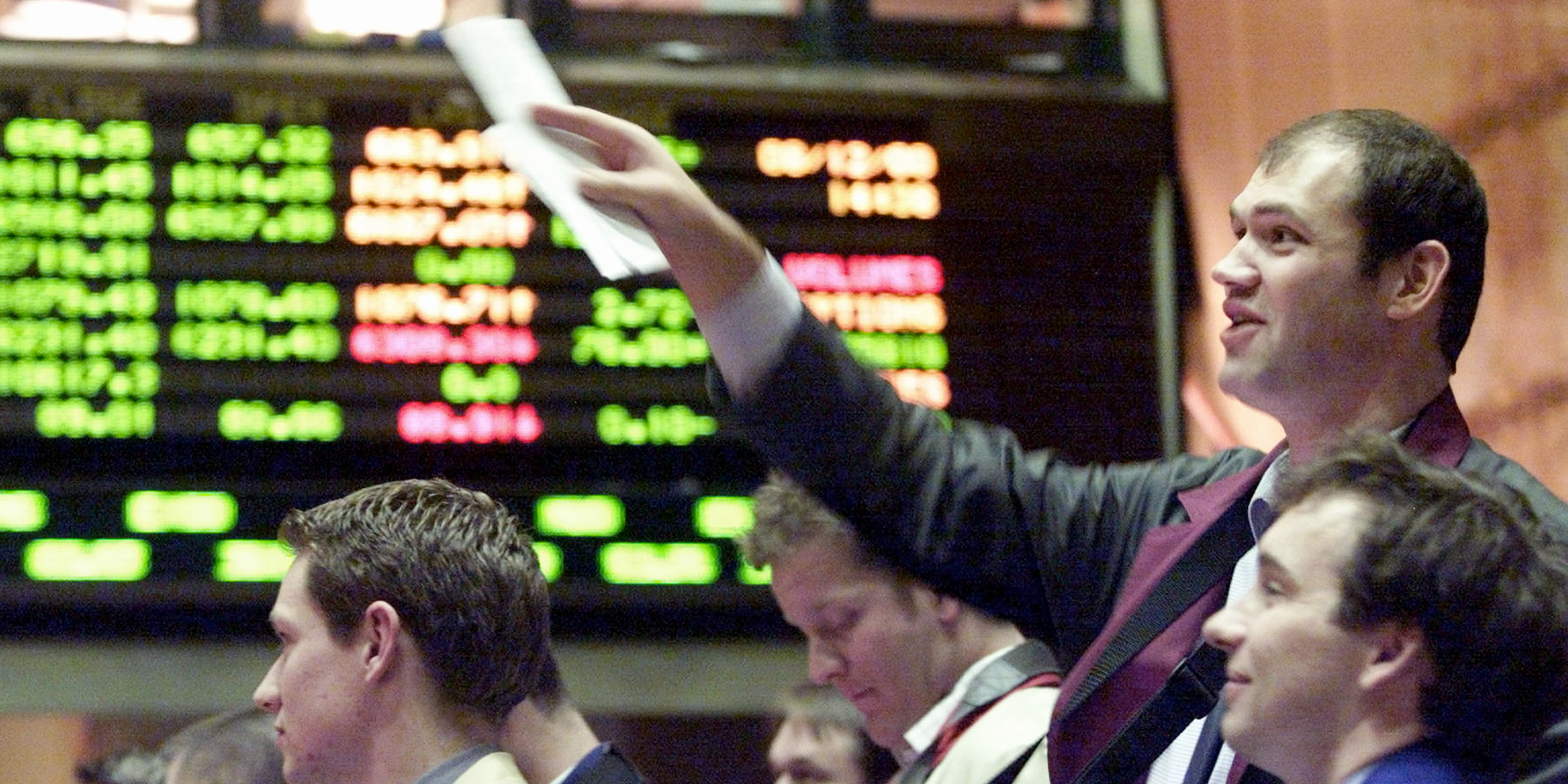
Reuters
- US stocks closed mixed on Wednesday, the last trading day of the first quarter, lifted by technology shares which rallied to all-time highs.
- Rising Treasury yields meanwhile continue to put pressure on equities.
- The US private sector added 517,000 jobs in March, according to ADP's monthly employment report Wednesday.
- Sign up here for our daily newsletter, 10 Things Before the Opening Bell
US stocks closed mixed on Wednesday, the last trading day of the quarter, lifted by technology shares, which rallied to all-time highs. Investors heaved a sigh of relief after a quarter marked by immense volatility and cautious optimism, especially with President Joe Biden's next stimulus plan.
According to the White House fact sheet, a major focus of the economic plan is revitalizing America's digital infrastructure, which it sees as vital to economic growth. The package seeks to close the digital divides across the country, especially in rural areas with no access to electricity and high-speed internet.
Beyond that, the bill includes major investments into a range of sectors. The bill is part one of two in Biden's overall infrastructure plan, with the second to be announced mid-April.
Rising Treasury yields, meanwhile, continue to put pressure on stocks, especially high-growth tech names that soared during the year of the pandemic. The benchmark 10-year US Treasury yield rose to its highest in 14 months on Tuesday, as investors priced in expectations of higher inflation and a stronger US economy.
The US private sector added 517,000 jobs in March, according to ADP's monthly employment report Wednesday. Economists surveyed by Bloomberg held a median estimate of 550,000 payroll additions. This climb was the third straight monthly gain since payrolls shrank in December. The March gains were also the largest seen since October.
On Tuesday, US shares closed lower as investors awaited details on Biden's planned infrastructure spending package.
Here's where US indexes stood at the 4:00 p.m. ET close on Wednesday:
- S&P 500: 3,973.33 (+0.27%)
- Dow Jones industrial average: 32,984.65 (-0.25%)
- Nasdaq composite: 13,246.87 (+1.54%)
Stocks affected by the Archegos-linked selloff that roiled markets rallied. ViacomCBS and Discovery were both higher, as well as American depositary receipts of Chinese companies.
Blackberry slipped 9% after the communications-software firm revealed fourth-quarter revenues that missed expectations even on improved QNX car software sales amid a global chip shortage.
Coursera, on its first day of trading on Wednesday, surged as much as 23%, hitting a high of $40.53. Coursera had priced its IPO at $33 per share, which was at the high end of its target range, giving it a valuation of $4.3 billion.
Bitcoin edged higher by 1.19% to $59,510. The world's most popular cryptocurrency flirted with the $60,000-level anew in an attempt to breach its all-time high set in March. Wider adoption by Visa, PayPal, and CME Group has renewed the interest in bitcoin.
On Wednesday, Goldman Sachs said it could begin to offer bitcoin and other digital-asset-related investments to its private wealth-management clients, CNBC reported.
Ethereum developers, meanwhile, defended a decision to destroy ether tokens and cut the fees paid to miners ahead of major changes this summer. The developers said the changes could boost the cryptocurrency's price.
West Texas Intermediate crude climbed as much as 2.13%, to $59.26 per barrel. Brent crude, oil's international benchmark, also rose by 0.94%, to $63.54 per barrel. Both benchmarks slid after the massive ship blocking the Suez Canal for days was dislodged.
Gold slipped 0.26% to $1,707.98 per ounce. The precious metal slipped below $1,700 on Tuesday for the first time in three weeks, under pressure as long-dated Treasury yields and the US dollar both rise. For the quarter, gold is lower by 9%.
